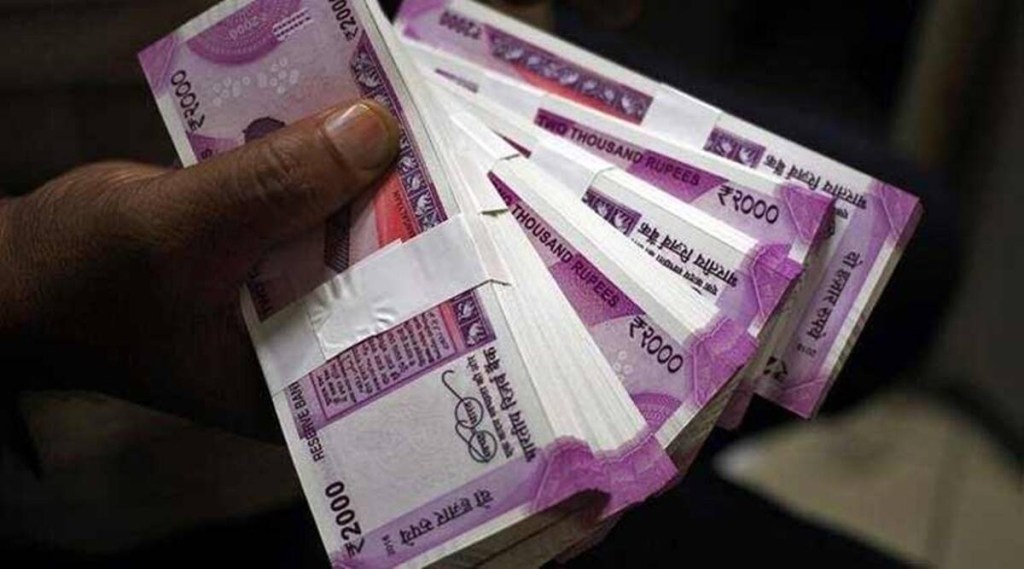Days after presenting the Budget for FY23, finance minister Nirmala Sitharaman on Sunday exhorted corporate India to step up investments and take advantage of the country’s economic resurgence after a Covid-induced slump in FY21.
The minister said the government, along with the central bank, is monitoring global liquidity tightening and the spike in inflationary pressure in key economies. It won’t allow the Indian economy to suffer as it remains much better prepared this time to ward off any tapering effect unlike in 2013 (when the last quantitative tightening took place).
Speaking at an interactive session, organised by Ficci, the minister highlighted that India is forecast to remain the fastest-growing major economy this fiscal and the next. “I urge India Inc to ensure we do not miss the bus,” she said. The Economic Survey has projected a real growth rate of 8-8.5% for FY23, which is more optimistic than the assumptions made in the latest Budget but less ambitious than the IMF’s projection of 9%.
She said the government’s sharp hike in Budgetary capital spending to a record Rs 7.5 lakh crore for FY23 will ensure that the ongoing economic recovery lasts for a much longer time and crowd in elusive private investments. Thanks to its high multiplier effect, capex will stimulate growth and create large-scale assets, generating massive employment opportunities in this process.
Commenting on a drastic cut in the divestment target for FY23, Sitharaman said the aim of Rs 65,000 crore is a realistic one and not an under-estimation. The government was forced to trim its initial target for FY22 from an ambitious Rs 1,75,000 crore to Rs 78,000 crore in the revised estimate, as a clutch of disinvestment plans, including BPCL’s, didn’t materialise.
Separately, speaking at another interactive session, organised by Assocham, the minister said the government is working towards fixing legacy issues in the power sector so that investments in green energy pick up in a big way and enable the country to honour its recent commitment at Glasgow. Delivering the National Statement at the COP26 Summit in Glasgow in November 2021, Prime Minister Narendra Modi said India will raise its non-fossil energy capacity to 500 GW and meet a half of its energy requirements through renewables by 2030.
Sitharaman promised to look into demands made by the steel industry to offer export tax refunds by bringing the metal under the ambit of the tax remission scheme RoDTEP.
On a request to curb steel dumping, the minister remained non-committal on any fresh remedial measure, saying the government has to balance the interest of producers with that of consumers. While she noted the concerns of domestic steel producers about dumping from abroad, she also focussed on bulk consumers’ demand to make raw materials available at reasonable prices.


